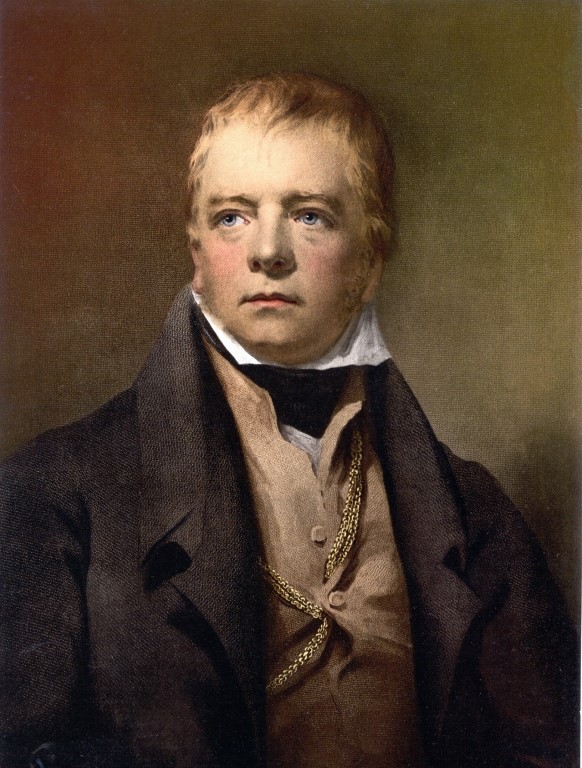A million-pound project will enable the publication of a complete edition of Walter Scott’s poetry and help to make it accessible to new audiences. Researchers at the University of Aberdeen have been awarded funding to revisit the original manuscripts of the author, who transformed Scottish literary culture, and create a new edition of his poems. Scott has been credited with popularising tartan, saving the Scottish banknote, and rediscovering the nation’s Crown Jewels. His string of best-selling books dominated the 19th century, changing how the world saw Scotland and Scotland saw itself. But the speed of publishing driven by an unquenchable thirst for his work – combined with his notoriously spidery handwriting – meant that many errors occurred during the printing process.
Researchers at the University of Aberdeen’s Walter Scott Research Centre will be able to return his poetry to a form which more closely reflects his original intentions and to create five volumes of what will eventually be a complete 10-volume edition of his verse published by Edinburgh University Press. They will also bring to life the extensive notes that Scott added to his poems to offer readers a deeper insight and understanding of the meaning behind them. Few of these notes survive in modern editions but Scott used them to provide fascinating pieces of background information for his poems.
Rich legacy
The project will be led by Professor Alison Lumsden who said: “Unlike Walter Scott’s novels, which have never been out of publication since they were released, there are very few editions of his poetry and those which do exist are severely compromised by 19th century editing practices. Scott was a prolific writer and as well as the poems themselves, he produced long notes which are almost like alternative stories. He is such an important part of our cultural heritage, and this project will ensure that his legacy is preserved with the accuracy and detail it deserves.”
In addition to Scott’s own notes, the research team will also provide their own detailed explanations to support the modern reader and to help open up his work to new audiences. They will work with staff at Scott’s home, Abbotsford, now a living museum, to create teaching materials for schools which will introduce pupils to the stories in Scott’s poetry and the rich legacy they provide for Scotland.


Poyums written in spidery hand, leaves a Scottish legacy second to none.